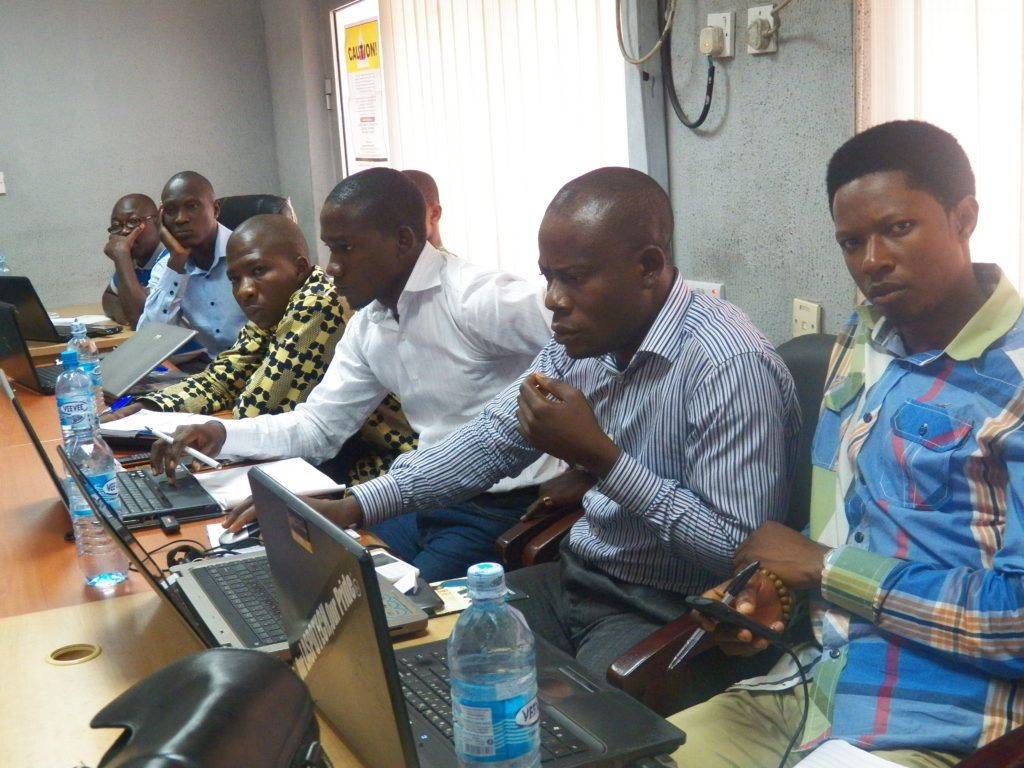Warren Fernandez, Editor-in-Chief of The Straits Times on how journalists and newsrooms contribute to the societies they are meant to serve.
Day by day, our fast-changing world grows more complex, confusing and challenging.
The United States is at odds with China. The planet is getting warmer faster. Technology is disrupting just about every industry, from banks and money changers, to airlines, travel agents and the media.
Little wonder then that we all need some help keeping up to speed with these changes, making sense of them all, and trying to figure out where things are heading.
Pressed for time in dealing with information overload, people are also finding it harder to sift out what is real from fake, with more and more dubious content swirling around, spread rapidly over the new communications technologies.
So, ironically, while the world is more connected today and more people have much more information readily available at their fingertips, societies are not necessarily better informed or equipped to make the tough choices needed if we are to address the many challenges we face.
Instead, the credibility of and trust in major institutions seem to be insidiously chipped away amid the welter of information and disinformation, facts and alternative facts, thereby undermining our ability to have sensible democratic discussions on the way forward.
This is where journalists and professional newsrooms come in.
Our job is to seek out information, cross-check and verify it, understand the history, background and context, strive to be balanced and objective, analyse and interpret developments, and seek to put out as fair and unvarnished an account of events as we can, to help our audiences make up their minds on what it all means for them.
This matters. Because in the absence of credible and reliable information, we cannot have rational and reasonable debates. Instead, discussions turn into shouting matches, which tend to be dominated, and won, by those with the loudest, most nasty or persistent, or often, the best financed voices.
Every one of us ends up the loser – it is your views, your society, your future that is degraded in the process.
So, yes, it matters. Which is why the theme for this year’s World News Day is simply: Real News Matters.
The video to promote it intones: It matters. Facts Matter. Accuracy matters. Objectivity matters. Balance matters. Accountability matters. Equality matters. History matters. News matters.
It is commonplace today to say, rather glibly, that news is available for free, everyone is a journalist, and there is no future for journalism.
That, to me, is an example of fake news.
News you receive is never free. Content costs money to produce, especially quality, credible, in-depth, reliable content. If you are getting it for free, it usually means someone is paying for it, and getting it to you for a reason.
Perhaps it is to sell you some marketing message or propaganda. It could be to influence your views or spending preferences. It could be to sway your vote or shape your society. In other words, you and the data about you is the product being traded and sold.
So, indeed, it does matter.
This is why we are marking World News Day (WND) today, Sept 28.
Some 38 newsrooms from around the world have come together to celebrate the work of professional journalists and the difference it can make.
In this special report – and our website at www.worldnewsday.org – you will find a host of compelling stories of how journalists and newsrooms have worked to help improve public policy, expose corruption, fight sexual abuse, harassment and discrimination, address major issues of the day, and also inspire and uplift communities.
This global collaboration is led by the World Editors Forum and the World Association of Newspapers and News Publishers (Wan-Ifra).
We are building on the efforts of the Canadian Journalism Foundation, which launched a WND project in Canada last year.
We hope to keep growing this effort to make WND an annual celebration around the world, to showcase how journalists and newsrooms contribute to the societies they are meant to serve.
• The writer is also President of the World Editors Forum, a global network of editors, which is part of the World Association of Newspapers and News Publishers (Wan-Ifra)

